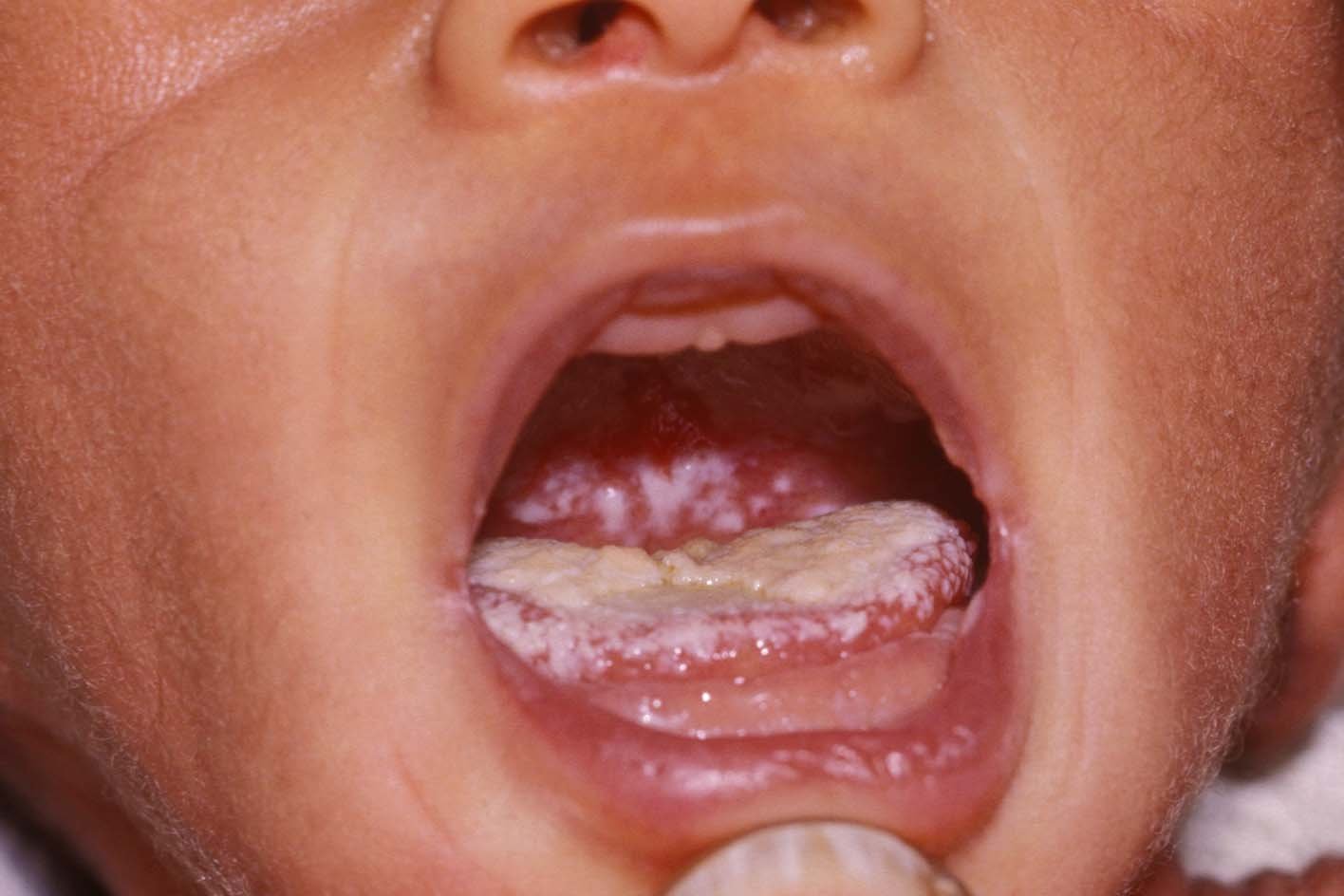Thrush is a common fungal infection that can affect both adults and babies. In babies, thrush is caused by an overgrowth of a type of fungus called Candida albicans. This fungus is normally present in the mouth, digestive tract, and skin of healthy individuals, but it can multiply rapidly under certain conditions, leading to thrush. In this article, we will discuss how does a baby develop thrush, its symptoms, and treatments to manage the condition.
Table of Contents
Causes of Thrush in Babies
Babies can develop thrush for various reasons. One of the most common causes is the use of antibiotics during delivery or after birth. Antibiotics can kill the good bacteria in a baby’s mouth and digestive tract, allowing the fungus to grow unchecked. Other factors that can increase the risk of thrush in babies include a weakened immune system, the use of a pacifier, and poor hygiene.
Breastfeeding mothers can also pass thrush to their babies. This can happen if the mother has thrush on her nipples or if the mother and baby are sharing a yeast infection. The fungus can be transferred from the mother’s skin to the baby’s mouth during breastfeeding. It’s important to note that thrush is not a reflection of poor hygiene or inadequate care, as it can affect any baby regardless of their background or environment.
Symptoms of Thrush in Babies
The symptoms of thrush in babies can vary depending on the severity of the infection. However, some common signs to look out for include:
- White, cottage-cheese-like patches on the tongue, gums, and inside of the cheeks
- Redness, swelling, or soreness in the mouth
- Loss of appetite or difficulty feeding
- Irritability or fussiness
- Crying during feeding
- Poor weight gain or slow growth
If you notice any of these symptoms in your baby, it’s important to consult a pediatrician or healthcare provider. They can perform a physical examination and take a sample of the affected area to confirm the diagnosis and recommend appropriate treatment.
Treatments for Thrush in Babies
The good news is that thrush in babies is usually not serious and can be easily treated. Treatment typically involves antifungal medications that can be given orally or topically. The most common medications used to treat thrush in babies include nystatin, clotrimazole, and fluconazole.
It’s important to follow the treatment plan prescribed by your doctor or healthcare provider. Failure to complete the full course of medication can lead to a recurrence of the infection. In addition to medication, there are a few things you can do at home to help relieve your baby’s symptoms:
- Keep your baby’s mouth clean and dry
- Wash your hands before and after handling your baby
- Boil or sterilize all pacifiers, bottles, and other items that come into contact with your baby’s mouth
- Avoid sharing towels, washcloths, or any other personal items with your baby
 Source: bing.com
Source: bing.comPreventing Thrush in Babies
Prevention is always better than cure, and there are a few things you can do to reduce the risk of thrush in your baby:
- Practice good hygiene by washing your hands regularly
- Clean and sterilize all baby items, including pacifiers and bottles
- Avoid overuse of antibiotics during pregnancy and after birth
- Choose a breastfeeding position that ensures proper latching and reduces the risk of nipple thrush
- Get treatment for any underlying health conditions that may increase the risk of thrush
Conclusion
Thrush is a common fungal infection that can affect babies for various reasons. The good news is that it’s usually easy to treat with antifungal medication and proper hygiene. If you notice any symptoms of thrush in your baby, it’s important to consult a pediatrician or healthcare provider for diagnosis and treatment. By taking preventative measures, such as practicing good hygiene and sterilizing baby items, you can reduce the risk of thrush and promote a healthy environment for your baby.
Frequently Asked Questions
Q: Is thrush in babies contagious?
A: Yes, thrush in babies can be contagious. The fungus can be transferred from the baby’s mouth to other parts of their body, as well as to other people through contact with saliva or other bodily fluids.
Q: Can thrush in babies cause long-term health problems?
A: In most cases, thrush in babies is not serious and can be easily treated. However, if left untreated, it can lead to complications such as a weakened immune system, feeding difficulties, and slow growth.
Q: Can thrush in babies be prevented?
A: While it may not always be possible to prevent thrush in babies, there are a few things you can do to reduce the risk, such as practicing good hygiene, sterilizing baby items, and avoiding overuse of antibiotics.
Q: Can thrush in babies be passed through breast milk?
A: Yes, thrush can be passed through breast milk if the mother has a yeast infection on her nipples or if both the mother and baby are sharing a yeast infection. However, with proper treatment, breastfeeding can continue while the infection is being treated.
Q: How long does it take for thrush in babies to clear up?
A: The length of time it takes for thrush in babies to clear up can vary depending on the severity of the infection and the type of treatment used. However, in most cases, it can be treated within a few days to a week with proper medication and hygiene. It’s important to complete the full course of treatment to prevent a recurrence of the infection.
